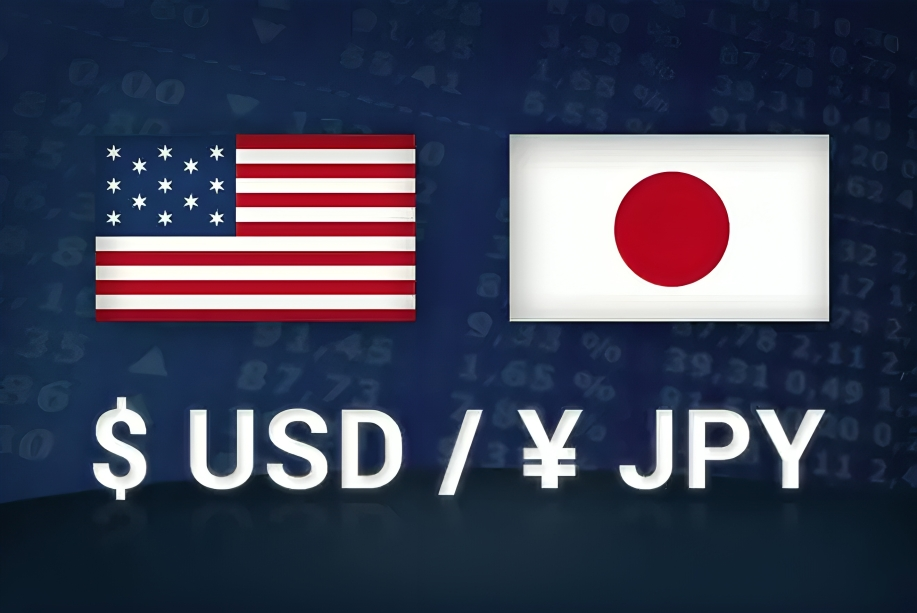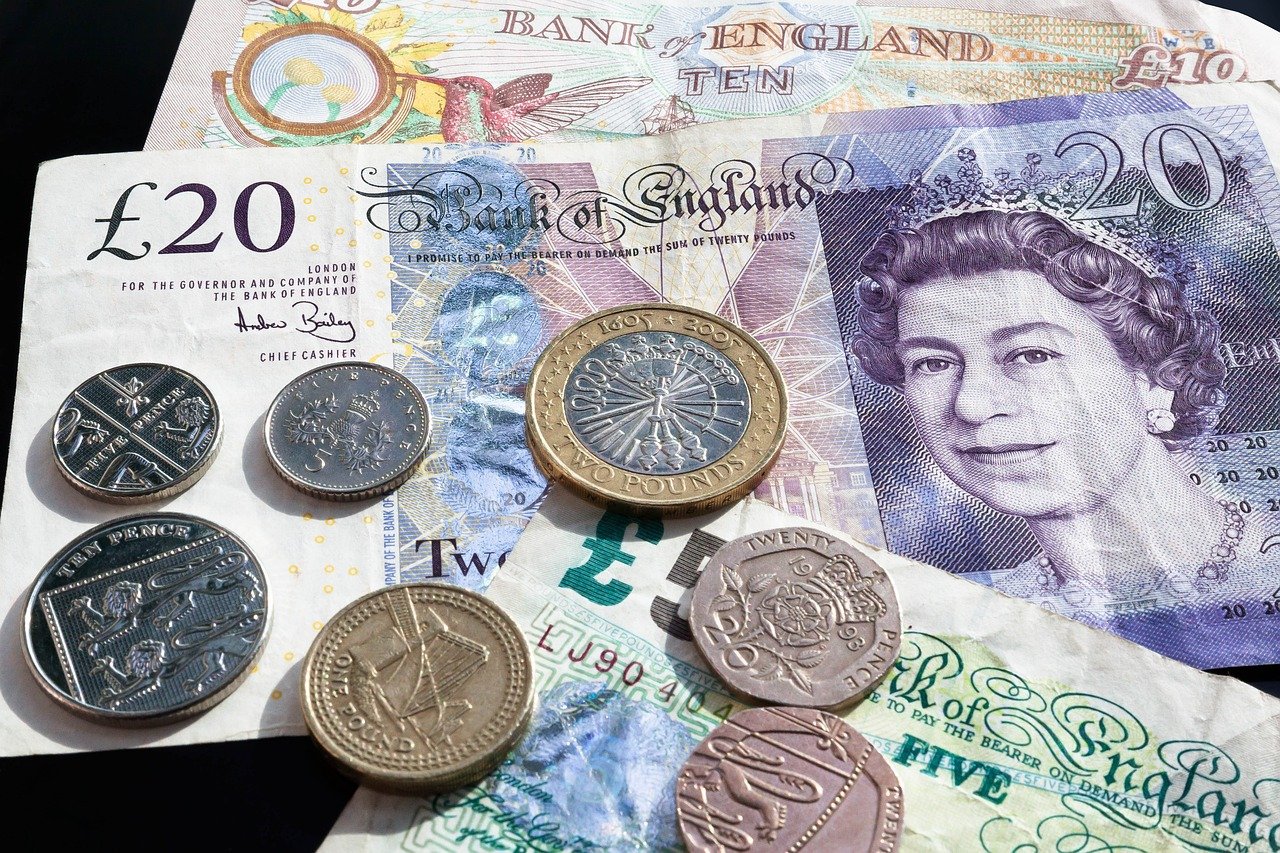Japanese Yen Continues Losing Streak Amid Slower Q3 GDP Growth
The Japanese Yen (JPY) remains under significant pressure, extending its losing streak against the US Dollar (USD) for the fifth consecutive session. This ongoing weakness follows the release of Japan’s third-quarter (Q3) Gross Domestic Product (GDP) data, which showed a slowdown in domestic economic activity. With the USD maintaining strength and traders awaiting key US economic data, the Yen’s outlook seems precarious, especially as Japan’s central bank and government officials prepare for potential interventions in the foreign exchange (FX) market.
Q3 GDP Data Reflects Economic Slowdown
Japan’s economy grew at an annualized pace of 0.9% in the third quarter of 2024, sharply down from the 2.2% growth recorded in Q2. While the Q3 figure surpassed market expectations of 0.7%, it signals a significant deceleration in Japan’s economic momentum. The slowdown was also evident in the quarter-on-quarter GDP growth, which came in at 0.2%, down from 0.5% in Q2, and matched market forecasts.
These disappointing economic figures underscore concerns about the ongoing stagnation in Japan’s domestic economy, particularly as the country faces challenges such as an aging population, weak consumer spending, and global economic headwinds. As a result, the Japanese Yen continues to struggle, further exacerbated by the strong performance of the US Dollar and shifting expectations for US interest rates.
USD/JPY Daily Price Chart

Source: TradingView, prepared by Richard Miles
Japan’s Government Response: FX Intervention Likely
In light of the persistent depreciation of the Yen, Japan’s Finance Minister, Katsunobu Kato, made comments on Friday signaling potential government action to address excessive FX rate fluctuations. Kato emphasized that the government would take “appropriate action” to prevent excessive volatility in foreign exchange markets, particularly as the Yen continues to lose value against the USD.
This remark comes amid concerns that a rapidly weakening Yen could harm Japan’s import-dependent economy and exacerbate inflationary pressures. Kato stressed the importance of stable currency movements that reflect economic fundamentals, warning against one-sided or sharp movements that could disrupt Japan’s financial stability.
Monitoring for Government Intervention
While the Japanese government has not directly intervened in FX markets since 2011, such remarks have historically preceded market interventions aimed at stabilizing the Yen. Should the Yen continue its downward trajectory, the government could consider taking steps such as direct currency market intervention or other measures to curb excessive depreciation.

Japan’s Economic Outlook: Modest Recovery with Risks
Despite the slowdown in Q3 GDP growth, Japan’s Economy Minister, Ryosei Akazawa, expressed cautious optimism, suggesting that the country’s economy could see a modest recovery in the coming quarters. According to Akazawa, improvements in employment and wages could support continued growth, though he acknowledged the risks from global economic uncertainties and financial market volatility.
While Japan’s domestic labor market remains relatively tight, with low unemployment rates, consumer spending remains subdued, limiting the scope for a strong economic rebound. Additionally, Japan’s heavy reliance on exports makes it vulnerable to global economic fluctuations, especially if major trading partners experience slowdowns.
USD Strength Continues to Bolster USD/JPY
The USD has been on a strong upward trajectory, providing further downward pressure on the Japanese Yen. The US Dollar Index (DXY), which measures the performance of the USD against a basket of major currencies, recently hit a new high for the year, hovering around 107.06, marking its strongest level since November 2023.
This dollar strength is largely attributed to robust US economic data and the Federal Reserve’s relatively hawkish stance, as well as a divergence between US and Japanese monetary policies.
Fed’s Positive Economic Outlook Supports USD
On Thursday, Fed Chair Jerome Powell stated that the US economy has shown “remarkably good” performance recently, providing the Federal Reserve with the flexibility to lower interest rates gradually, without undermining economic growth. These comments have helped sustain investor confidence in the US Dollar, reinforcing expectations that the Fed will continue to follow a cautious approach to rate cuts.
Additionally, Richmond Fed President Thomas Barkin noted that while the Fed has made substantial progress on controlling inflation, there is still more work to be done to ensure that economic momentum continues. This suggests that the Fed may remain more focused on gradual rate changes, which should support the USD further in the near term.
US Economic Data Strengthens Dollar
Key US economic data also continues to fuel the bullish outlook for the USD. For instance, the US Producer Price Index (PPI) increased by 2.4% year-over-year in October, exceeding expectations and signaling continued inflationary pressures in the economy. The core PPI, which excludes volatile food and energy prices, rose 3.1%, also surpassing forecasts. These inflation readings point to persistent price pressures in the US economy, which may keep the Federal Reserve on a steady course in terms of rate policy.
In contrast, Japan’s economic indicators have not shown the same strength. Japan’s Producer Price Index (PPI) for October rose 3.4% YoY, slightly above expectations, but not enough to offset the ongoing weakness in domestic demand. Moreover, the Bank of Japan’s (BoJ) dovish stance on monetary policy remains unchanged, contributing to the Yen’s relative underperformance.
Technical Analysis: USD/JPY Bulls in Control
The USD/JPY pair remains in a strong bullish trend, trading near 156.50 as of Friday’s session. A closer look at the daily chart reveals an ascending channel, which has supported the pair’s upward trajectory. The 14-day Relative Strength Index (RSI) is hovering just below the 70 level, suggesting that the market is in bullish territory, but it is approaching overbought conditions. A breakout above the 70 mark could indicate that the pair is nearing the upper limit of its rally, potentially triggering a short-term correction.
Bullish Targets for USD/JPY
The next resistance level for USD/JPY is near the upper boundary of the ascending channel, located around 159.70. A breakout above this level would reinforce the bullish sentiment, potentially pushing the pair toward a four-month high of 161.69, last seen on July 11.
However, traders should remain cautious of a potential pullback. If the RSI enters overbought territory or if the USD starts to face resistance, a correction lower could be in the cards. The first support level to watch is the nine-day Exponential Moving Average (EMA) at around 154.65. A break below this level could bring the lower boundary of the ascending channel into focus at 153.90.
Key Levels to Watch
- Resistance: 159.70 (upper boundary of the ascending channel), 161.69 (four-month high)
- Support: 154.65 (nine-day EMA), 153.90 (lower boundary of the ascending channel)
The Japanese Yen Faces Ongoing Headwinds
The Japanese Yen’s continued weakness reflects a combination of domestic economic challenges and the strength of the US Dollar. Japan’s Q3 GDP data showed a marked slowdown in economic growth, while the USD remains buoyed by positive US economic data and the Federal Reserve’s cautious stance on interest rates.
With the US Dollar continuing to hover near yearly highs, the Japanese Yen faces ongoing pressure. Although Japan’s government and central bank officials have signaled a readiness to intervene in the FX market, the Yen’s decline may persist unless there is a significant shift in global economic conditions or monetary policy. Traders will continue to monitor key levels in the USD/JPY pair for further signs of trend continuation or reversal.








